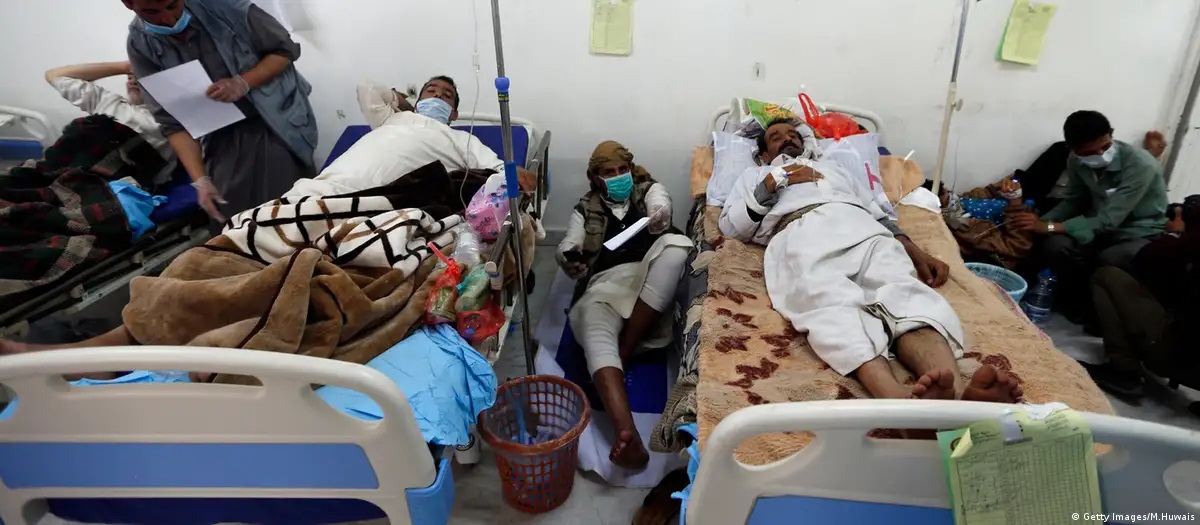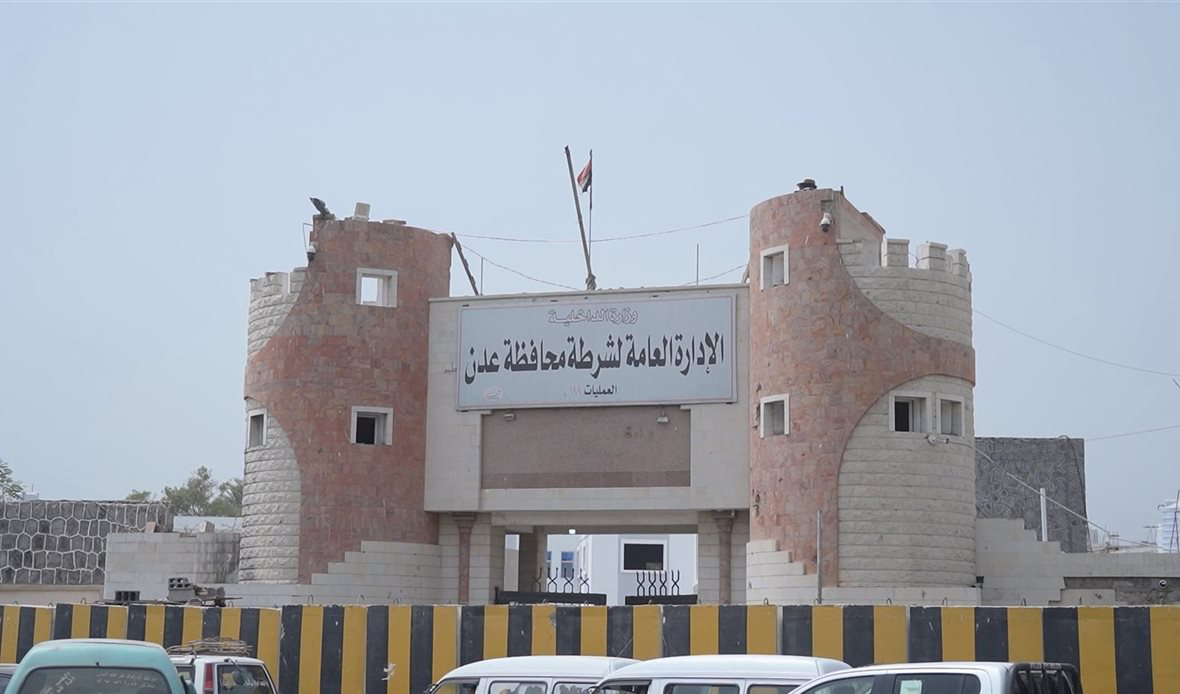
Barran Press
Medical sources in the Yemeni capital Sana'a, controlled by the Houthi group designated as a terrorist organization by several countries, reported a significant increase in cases of acute watery diarrhea on Thursday, July 4th, 2024.
The sources told "Barran Press" that dozens of cases of acute watery diarrhea (cholera) have been admitted to hospitals in Sana'a over the past two days, noting that many of these cases arrived in "critical condition."
They explained that some of these cases are difficult to manage medically due to their deteriorating health, while others have been transferred to the kidney failure department. They confirmed that most of the cases are among the elderly.
The sources appealed to various media outlets to shed light on this crisis, which is being ignored by the Houthi rebel media, expressing surprise at the Houthis' deliberate "systematic concealment of the extent of the disease outbreak, without any known objective."
On June 21st, 2024, the International Organization for Migration (IOM) stated that acute watery diarrhea cases were rapidly increasing and spreading throughout Yemen, saying that the country had already seen over 30,000 suspected cases since the beginning of the year.
In its report on the humanitarian situation in Yemen from January 1st to March 2024, translated into Arabic by "Bran Press," the UN agency added, "On March 14th, there was an increase in acute watery diarrhea/cholera cases in the northern governorates after a significant increase in cases was observed starting from week 11 of 2024."
From March 14th to 31st, 2024, the report stated that "over 6,029 cases of acute watery diarrhea/cholera were reported, with 56 deaths (case fatality rate 0.9%), and 47% of cases were clinically severe."
UNICEF predicted that needs would peak annually in September 2024, before the main harvest season begins in October.
The agency also predicted "an emergency situation (phase four of the Integrated Phase Classification)" in the governorates under the control of the authorities in Sana'a, where most families had previously relied on food assistance from the World Food Programme since December 2023.
Yemen experienced the largest cholera outbreak in modern history (2016-2022), according to UNICEF, resulting in over 2.5 million suspected cases and 4,000 deaths.





